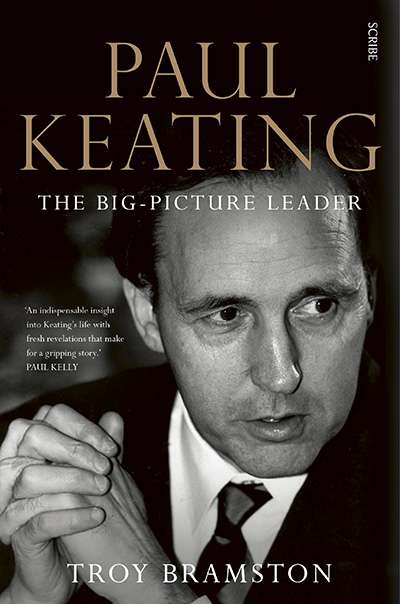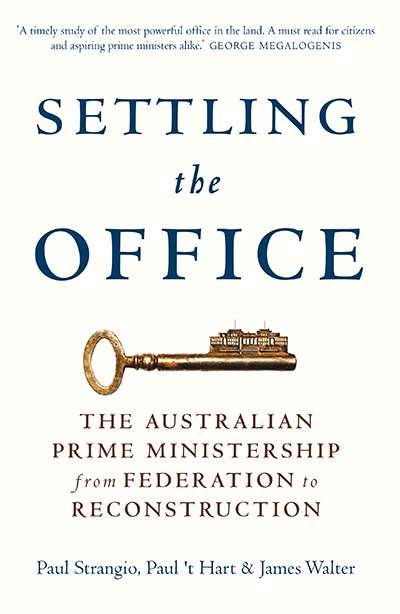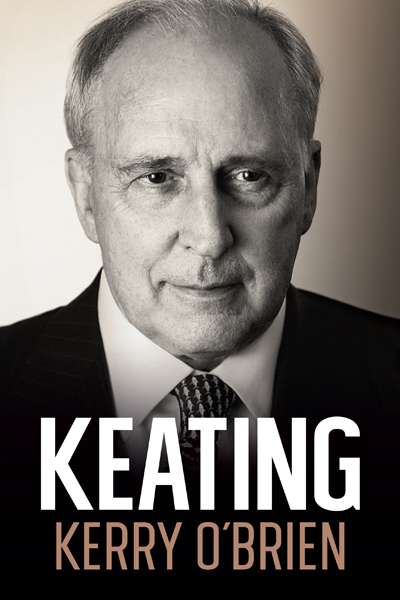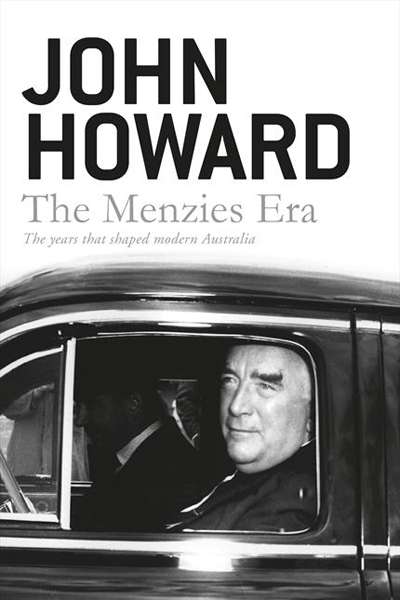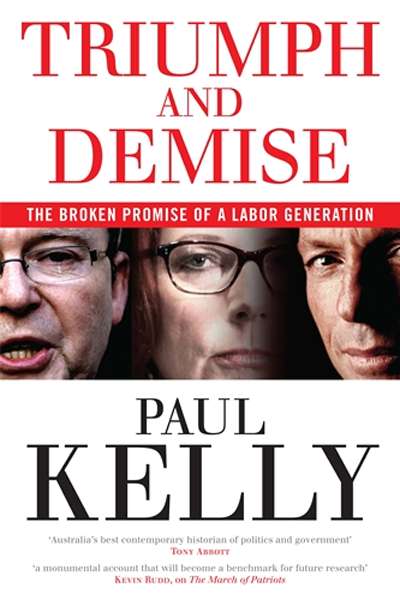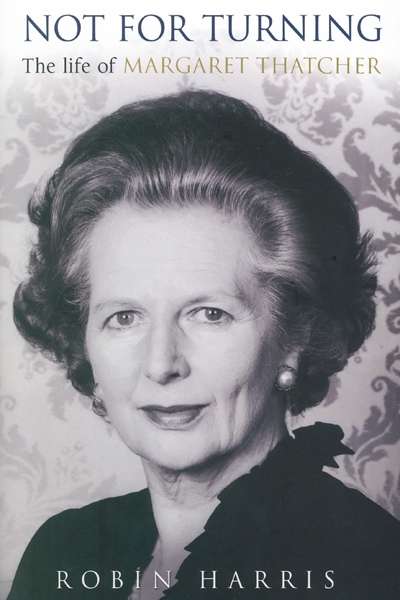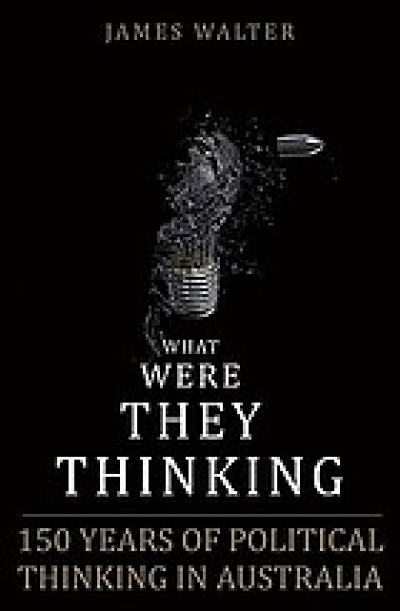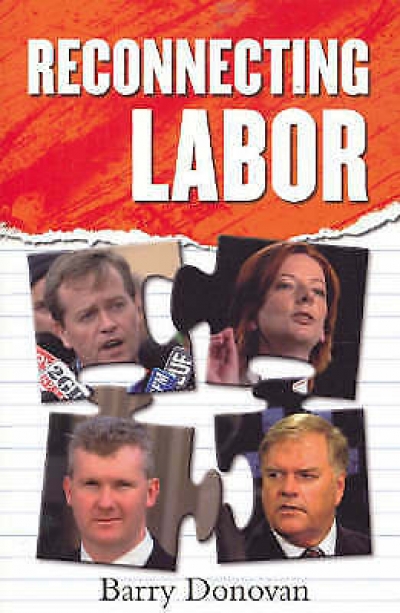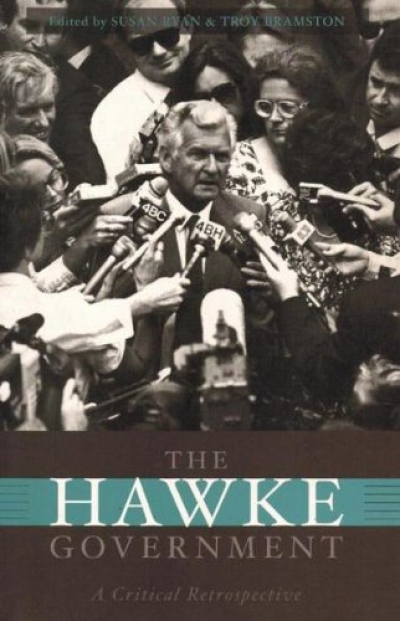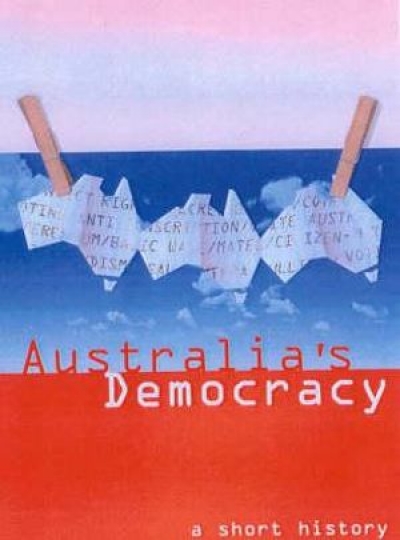James Walter
Settling the Office: The Australian Prime Ministership from Federation to Reconstruction by Paul Strangio, Paul 't Hart, and James Walter
by Stephen Mills •
The Menzies Era: The years that shaped modern Australia by John Howard
by James Walter •
Triumph and Demise: The broken promise of a Labor generation by Paul Kelly
by James Walter •
Not for Turning by Robin Harris & Margaret Thatcher by Charles Moore
by James Walter •
What Were They Thinking?: The Politics of Ideas In Australia by James Walter (with Tod Moore)
by Nicholas Barry •
Reconnecting Labor by Barry Donovan & Coming to the Party edited by Barry Jones
by James Walter •
The Hawke Government: A critical retrospective edited by Susan Ryan and Troy Bramston
by James Walter •
Australia’s Democracy by John Hirst & The Citizens’ Bargain edited by James Walter and Margaret Macleod
by Patricia Grimshaw •

